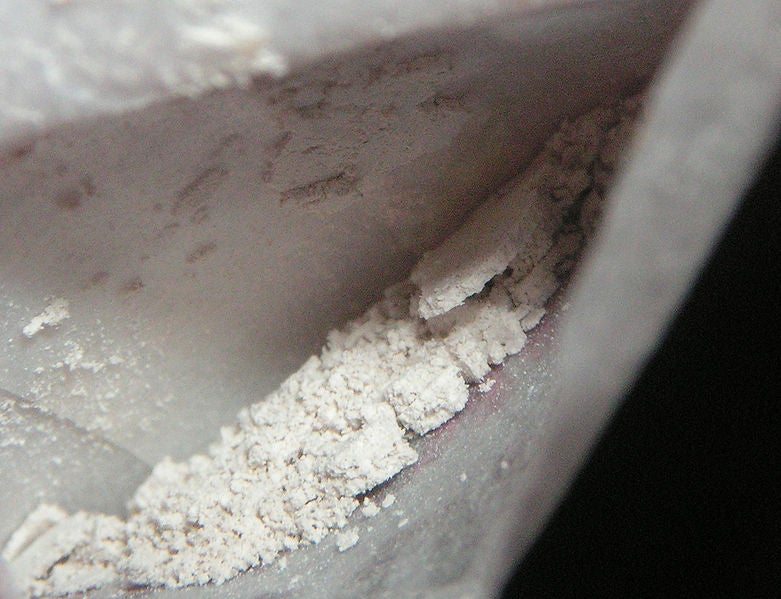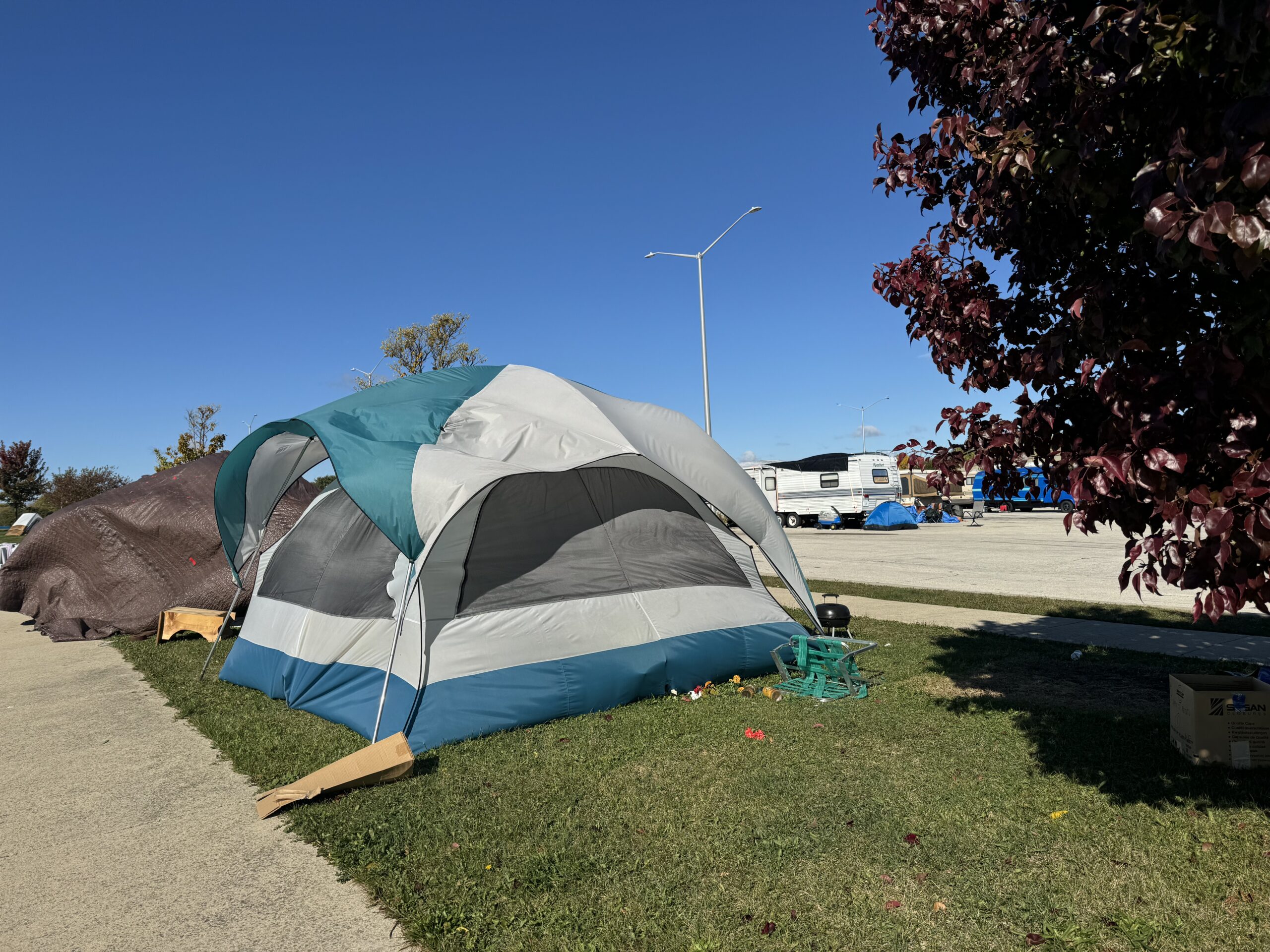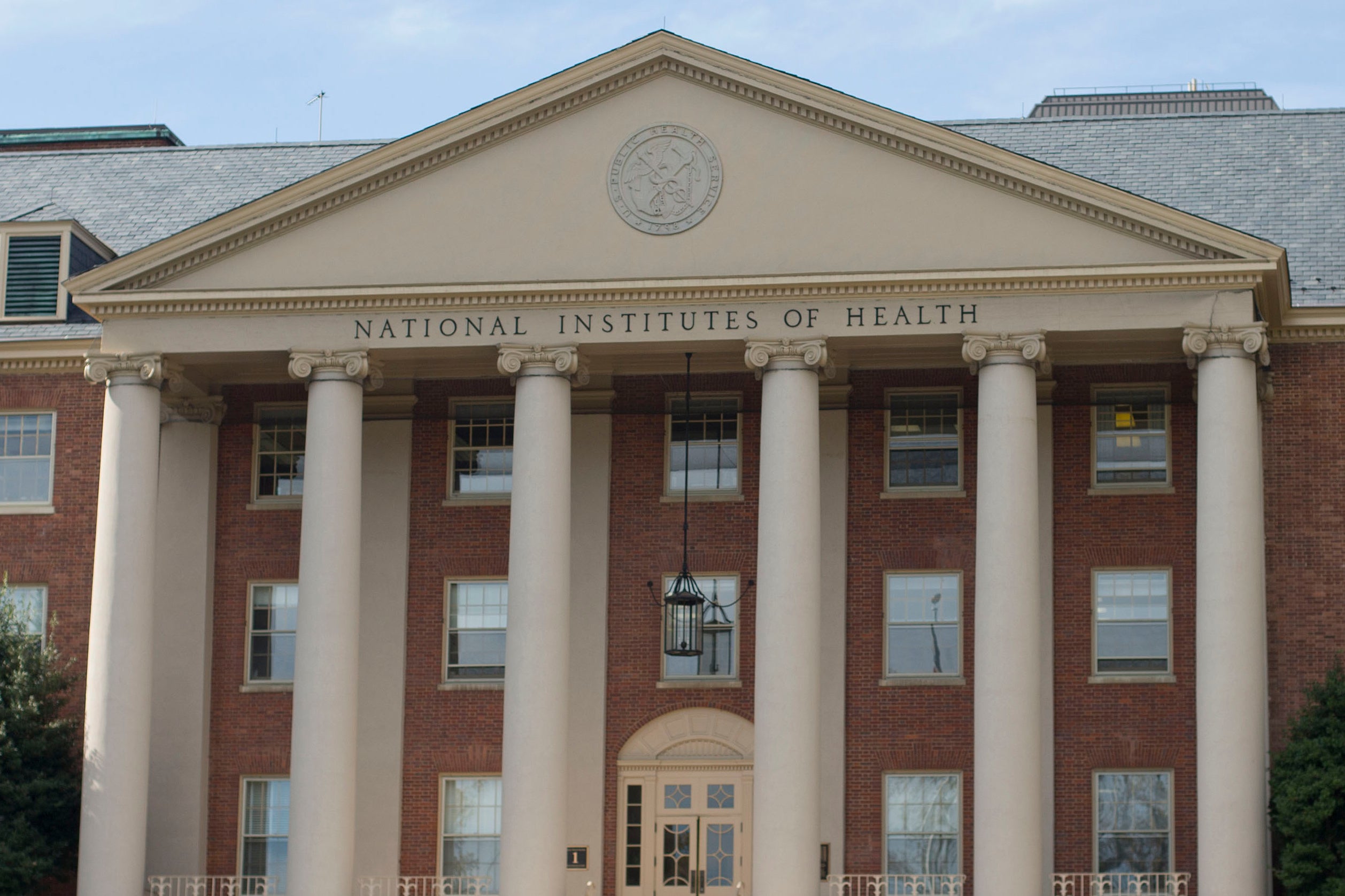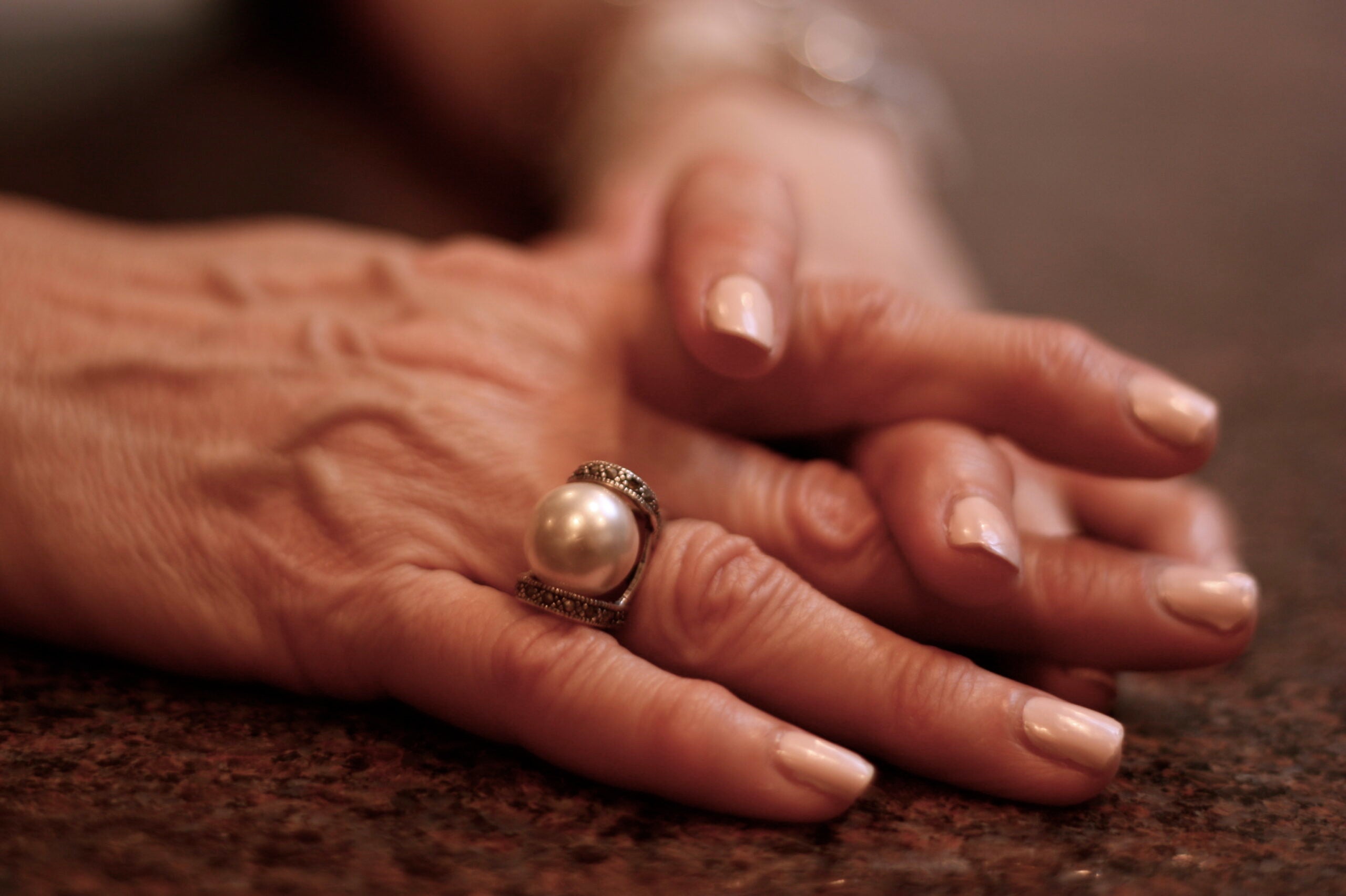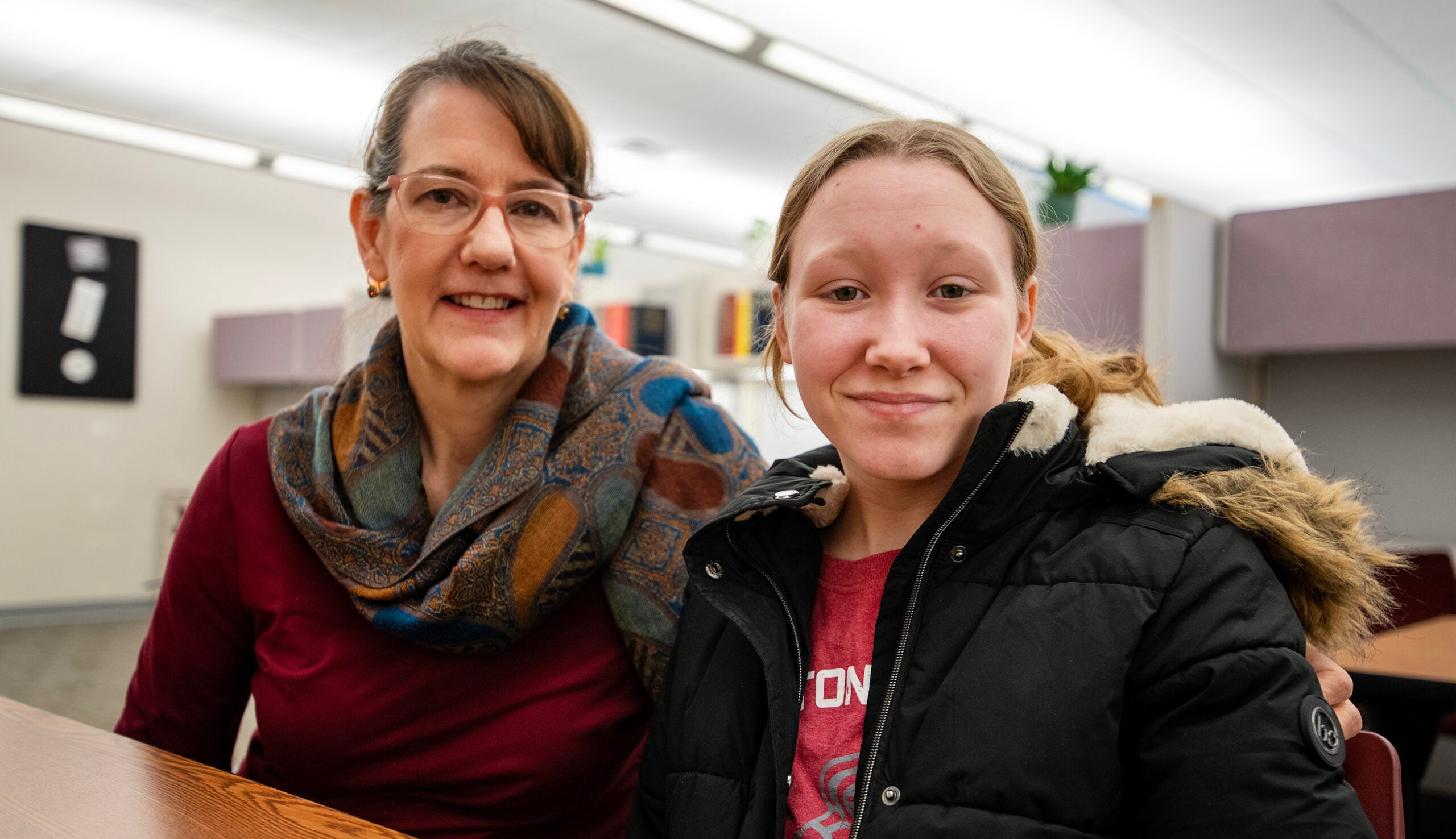In Madison and Dane County, in addition to looking at heroin as a criminal problem there’s also a heavy focus on heroin as it affects public health.
It might seem odd that a group which helps prevent falls among the elderly is tackling heroin. But avoiding injury and preventable death is what the nonprofit Safe Communities is all about. (In the past they’ve also addressed pedestrian safety and suicide.)
A very visual example of heroin’s increasing impact on the general public is something most don’t associate with drug use: driving. Executive Director Cheryl Wittke says it’s a big issue.
News with a little more humanity
WPR’s “Wisconsin Today” newsletter keeps you connected to the state you love without feeling overwhelmed. No paywall. No agenda. No corporate filter.
“People will shoot up as soon as they get their heroin … and then they pass out in the car,” says Wittke.
Former heroin user Kelly Grajek agrees that driving while under the influence is a problem.
“With the amount of traffic that’s on the road these days, it’s extremely dangerous,” he says.
This summer, the 34-year-old Grajek was invited to talk to a Madison church group, sending chills down spines with his personal revelations.
“My father was a drug dealer,” says Grajek. “My father went to federal prison for 13 years. So I actually at … 6 years old [my house] was raided by a SWAT team.”
Authorities say Grajek isn’t your typical heroin user. Many are middle and upper-class kids according to Julie Rortvedt, a Madison police detective. Rortvedt holds community forums on heroin and has been disappointed with the low turnout. She thinks families see it as an internal problem.
“So what I’m seeing is they suffer in isolation feeling like they’re alone, says Rortvedt. “They don’t want to tell their other friends about what’s going on because it’s embarrassing.”
Yet people seem increasingly willing to talk about heroin as it becomes more widespread, she says, along with the diseases from shared needles.
Grajek, who served seven months in prison for dealing heroin, nevertheless calls himself lucky because he didn’t get an incurable disease from using.
“I’m HIV negative and I don’t have hepatitis C,” he says. “But some other people aren’t so lucky.”
Part of Madison’s approach is to treat those people who are unlucky. Last year, Madison’s health department gave out 28,000 sterile needles and syringes.
“It’s on our website,” says Mary Jo Hussey, who coordinates the HIV program for Madison/Dane County Public Health. “We don’t hide that we do it. If you Google ‘needle exchange in Dane County,’ our website pops up.”
The AIDS Resource Center of Wisconsin also distributes clean needles in Madison and around the state. Prevention director Scott Stokes says since they started the program in 1995, there’s been a 67 percent reduction in HIV infections related to injection drug use. He says there’s more hepatitis, so more work is required to control it.
Hussey says needle exchange appears to be preventing its spread in Madison. But the practice has its critics.
“It doesn’t make sense to them and I understand that,” says Hussey. “But I do think it’s important to realize there’s absolutely no evidence this increases drug use or encourages someone to start using drugs.”
She points out both AIDS and hepatitis are lifelong infections that are expensive for the community to treat. She also says needle exchange is a recommended intervention of the Centers for Disease Control.
Wisconsin Public Radio, © Copyright 2025, Board of Regents of the University of Wisconsin System and Wisconsin Educational Communications Board.

